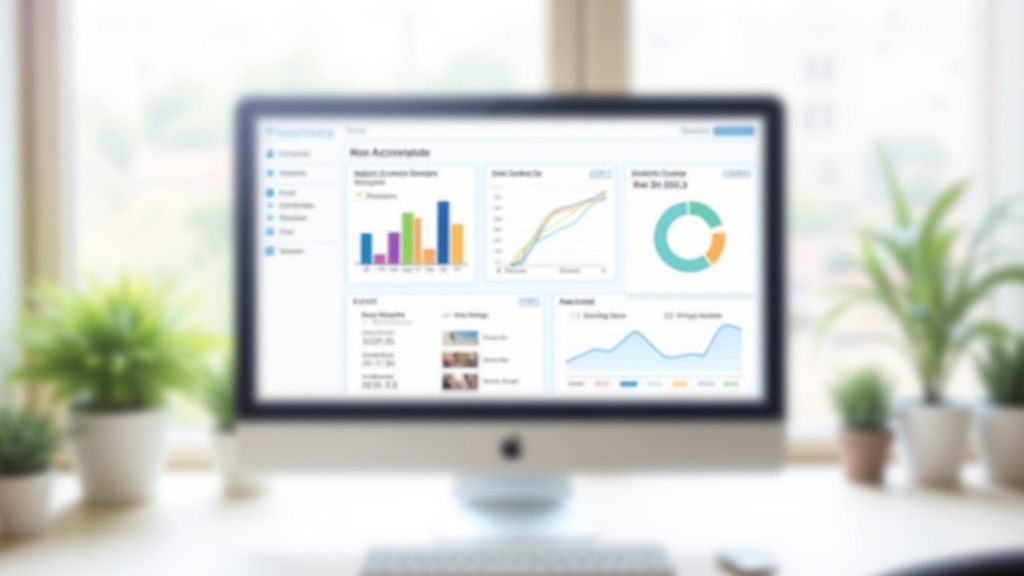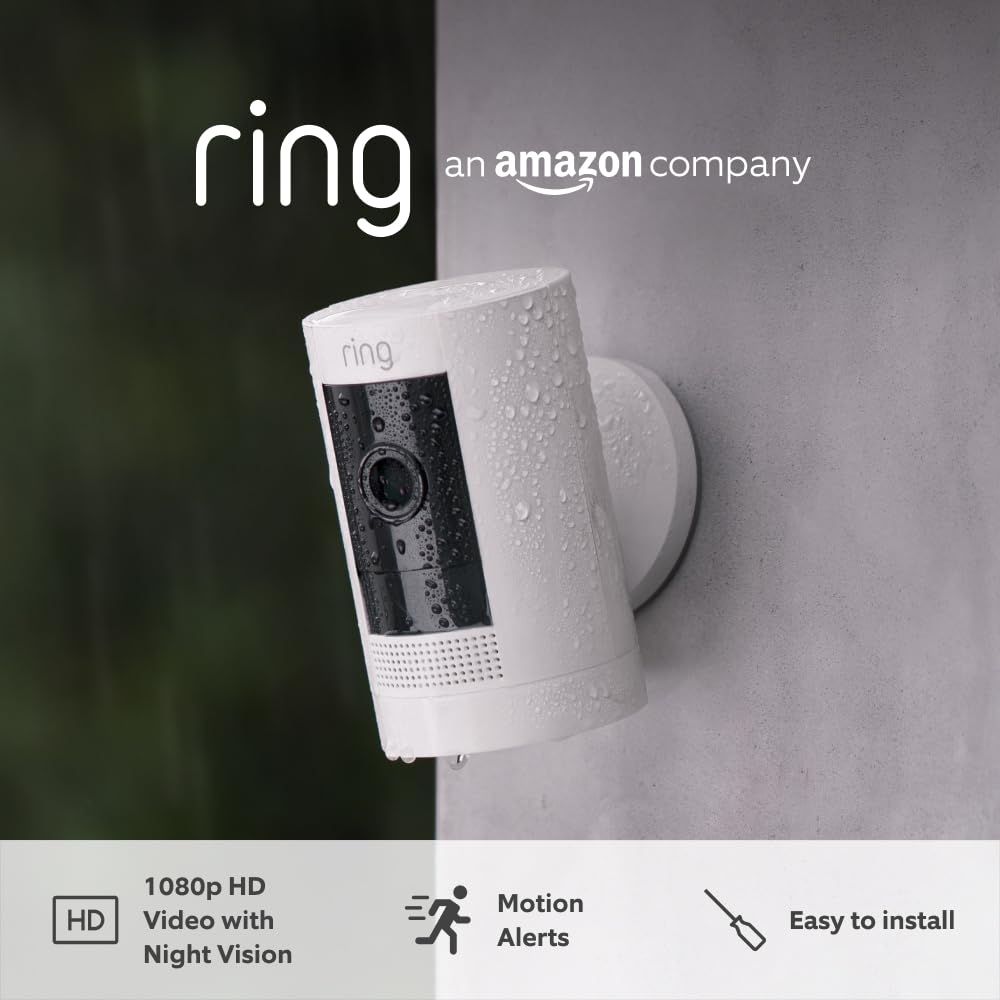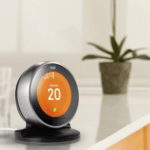If you’re active in real estate, juggling leads, following up, and managing listings, things can get overwhelming pretty fast. That’s where a CRM (Customer Relationship Management) system steps in, making life a whole lot easier. I’ve worked with a few CRMs myself and seen firsthand how they can help agents, teams, and brokerages stay organized and never miss a beat when it comes to client interactions. Here’s a look at how CRM systems for real estate work and how you can choose one that fits your business style.

Why Real Estate Agents Rely on CRMs
CRMs have quickly become a solid part of everyday real estate tasks. Whether you’re a solo agent just starting out or managing a booming brokerage with multiple agents, using a CRM helps you:
- Keep Track of Contacts and Leads: All client info—names, preferences, birthdays, search history—stays in one tidy, searchable place.
- Never Miss a Follow-Up: Automated reminders and scheduled emails make it much easier to keep in touch, even during busy weeks.
- Visualize Your Sales Pipeline: Drag and drop deal boards let you see where every deal stands at a glance.
- Automate Everyday Tasks: Email templates, appointment scheduling, and lead routing are built right in, freeing you up for viewings instead of spreadsheets.
It’s not just about going paperless—it’s about working smarter and building better relationships over time. These systems not only keep things running smoothly but also let you build lasting rapport with your clients, making follow-up sincere and timely instead of forced. Over time, this helps grow your reputation and your referral base, turning past clients into repeat customers or sources of new leads.
Popular CRM Systems for Real Estate
I’ve tested a handful of real estate-focused CRMs and talked to dozens of agents about their experiences. There’s no one size fits all answer, but here are a few options that consistently come up for different types of users:
- HubSpot CRM – Good for agents wanting a free entry point and strong customization. Great for tracking leads, sending bulk emails, and managing simple pipelines.
Pricing: Free to start, then paid tiers for advanced features.
Read my HubSpot CRM Review - Follow Up Boss – Made for real estate. Helps organize leads from tons of sources, automates text/email follow-up, and connects to most MLS platforms.
Pricing: Starts at $69/month.
Read my Follow Up Boss Review - kvCORE – Powerful for teams and brokerages. Offers lead generation, detailed analytics, a website builder, and smart campaigns.
Pricing: Plans usually start around $499/month for brokerages, or less if bundled through your brokerage.
Read my kvCORE Review - Real Geeks – Simple interface, strong lead capture forms, drip email/sms campaigns, great for solo agents and small teams.
Pricing: Starts at $299/month (includes IDX website).
Read my Real Geeks Review
Each of these is worth checking out. What works best really comes down to your workflow, budget, and the size of your team. Sometimes it’s worth checking multiple options and requesting demos to see what tools mesh well with your daily routine or current tech stack. Ultimately, the right fit should feel seamless and not add headaches to your workweek.
How a Real Estate CRM Actually Helps Day-to-Day
CRM systems aren’t just fancy contact lists. They really change how agents work. Here are a few ways I’ve seen CRMs deliver real results:
- Faster Lead Response Times: When new leads arrive from your website or a third-party platform, they can be routed right into the CRM and trigger instant responses. No more scrambling through emails or sticky notes.
- Organized Communication: Every call, text, and email is logged by client, so you’ll always know what you last discussed, even months later.
- Marketing Campaigns on Autopilot: With built-in campaigns, you can nurture buyers and sellers at every stage. This includes welcoming new leads, following up on viewings or reminding past clients you’re still around for referrals.
- Document Storage: Upload and share contracts, flyers, images, and inspection reports directly with your contacts or team. Going digital means nothing gets lost in the shuffle, and everyone stays in the loop.
- Easy Reporting: Dashboards track everything—number of new leads, status of deals, conversion rates, and more. This data makes it super easy to spot what’s working and where bigger opportunities might be hiding.
By making your processes more efficient, you get more face time with clients and more energy to focus on negotiations, viewings, or strategizing the next deal. The digital sales pipeline lets you identify bottlenecks and keep your progress on track all month long.
Core Features to Look For in a Real Estate CRM
Trying to compare CRMs is effective. I’ve narrowed down a checklist I like to use—these features usually make the biggest difference for real estate:
- Mobile Access: A user friendly app for phones and tablets lets you update info from the road. On-the-go access is essential for agents always on travel between properties.
- Task Management: Add to-dos, get reminders, and manage appointments from a single dashboard. Staying on top of daily tasks prevents leads from falling through the cracks.
- Email & SMS Automation: Prebuilt templates and automated schedules help keep clients engaged, so no one waits too long to hear back after reaching out to you.
- Lead Import/Export: Bring in leads from Zillow, Realtor.com, Facebook, and other sources easily. Bulk imports can save hours of manual entry.
- Deal & Pipeline Tracking: Visual ways to see each opportunity’s progress without switching tabs or spreadsheets.
- Customization: Tweak fields, reports, and workflows so they match your style of doing business, not the other way around. Flexibility here is key because every agent or team has a unique system.
- Integration with MLS and Other Tools: Seamless connection to your MLS, marketing tools, or email platforms can save you from double entry and keep everything synced.
Depending on your market or specialty—like commercial, rental, or luxury sales—you might need additional features such as integrations with specific marketing systems, support for property matching, or reporting capabilities for different property types. Checking the feature set against your real needs now and where you hope to take your business in the future helps narrow down the right fit.
Tips for Getting the Most from Your CRM
Even the best CRM won’t do you much good if it sits unused. Here’s what’s worked for me (and agents I know) to actually put these tools to use:
- Input Data Consistently: The more thoroughly you fill in your CRM, the more valuable it becomes. Make it a daily habit, not a weekly catch up chore.
- Set Up Reminders: Automated reminders are great, but personalizing them with notes about each client makes for even better followups. Small details help you come across as attentive and thoughtful.
- Customize Templates: Take 10 minutes to tweak automated email/text templates so they actually sound like you, not a robot. Personalized communication is more likely to get responses.
- Train Your Team: Make sure everyone knows how to enter leads, log calls, and document important details so nothing gets missed and clients always feel supported.
- Check Analytics: Give those reports a look at least once a week. Sometimes the data shows trends you’d miss otherwise, like which marketing sources are giving you the best results or if there’s a gap in your followup process.
Common CRM Challenges I’ve Seen Agents Face
- Time to Learn: Some systems can feel complicated at first. Most providers have quick-start guides or onboarding help; taking the time upfront saves headaches later.
- Data Migration: Transferring from spreadsheets or other CRMs can seem like a pain. A good CRM team usually offers to help with importing contacts and past data, making the whole process less stressful.
- Keeping Up With Updates: CRMs are always rolling out new features. Keeping up with these changes makes sure you’re using the latest and greatest, so you don’t miss out on helpful functionality.
Another common issue is setting it and forgetting it—it’s easy to start using a CRM but forget to check in regularly. The best results come from using the system as an active part of your day, not just a place to dump contacts and walk away.
Real-Life Example: How a CRM Boosted My Workflow
Before using a CRM, I was constantly chasing texts, forgetting follow-ups, and had no clue what actually happened to half my leads. Once I started logging every conversation and setting automated reminders, things got streamlined fast. One of my biggest wins: reconnecting with an old lead who ended up referring me two more clients, just because I stayed top of mind. Little wins like these add up, and it’s all thanks to having an organized system instead of relying on memory.
I’ve also noticed that clients seem to trust agents more when communication is proactive, organized, and timely. Using a CRM helped me track down client birthdays and important milestones that led to thoughtful gestures—like a quick note or a property update—which helped reinforce positive client relationships. The small changes really do add up over time, making your business more reliable and likable in your community.
FAQs: Real Estate CRM Basics
Do I need a real estate-specific CRM, or will any CRM do?
While any CRM can, in theory, handle contacts, real estate CRMs offer special integrations, lead routing, and pipeline features made just for property sales, open houses, and marketing.
How hard is it to switch CRMs if I’m already using one?
It’s easier than it seems! Most CRMs help with imports and offer live support to make sure your data makes the jump smoothly.
How do CRMs keep my client data safe?
The top CRMs use encrypted storage and follow strict privacy rules. Always double-check a provider’s policy and make sure they offer multifactor login for extra security.
Picking Your CRM: What to Weigh Before You Subscribe
- Budget vs. Features: Look at what you actually need day to day; some premium tools sound cool but may not help with your specific routine. Most CRMs offer free demos, so giving them a test drive is a wise move before committing.
- Support & Training: Responsive help desks make a massive difference when you need answers fast or want to troubleshoot new features. Some also provide video tutorials and interactive guides to help you learn quickly.
- Scalability: If your intention is to grow your business or build a team, picking a CRM that scales with you (adding agents, custom fields, extra features as you go) saves a lot of switching costs down the line.
In addition, check on integrations with your existing tools (such as DocuSign, Google Workspace, or marketing platforms). The more your CRM syncs up with what you already use, the smoother your day-to-day will be. And don’t forget to read recent reviews from real estate professionals—real-world feedback can reveal deal-breakers you might not spot in a quick feature list.
Final Thoughts on CRM Systems for Real Estate
Making the most of a CRM can take a ton of stress off your plate by keeping leads organized, automating nurturing work, and surfacing deals that might otherwise slip through the cracks. No single CRM is perfect for everyone, so careful research helps buyers make informed decisions. Try a couple free trials, set up a few deals and follow-ups, and see how it changes your workflow. Once you make it a part of your daily process, you’ll wonder how you managed without one.
Some of the links provided might be affiliate links, and I may receive a small commission if you buy through them—at no extra cost to you. All recommendations are based on real use and honest feedback, so you can trust you’re getting advice that’s actually helpful.










